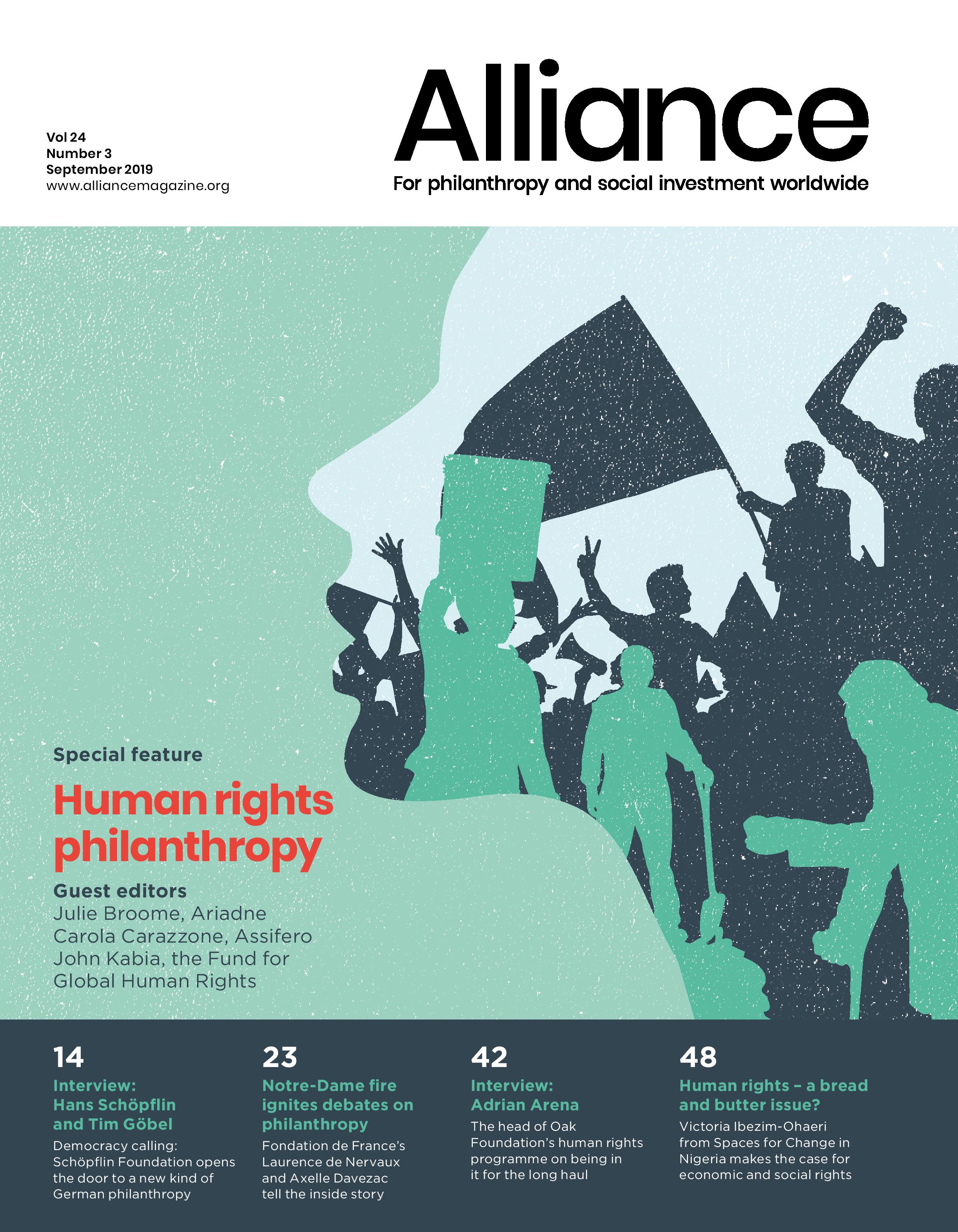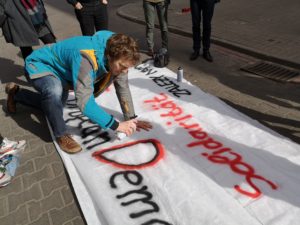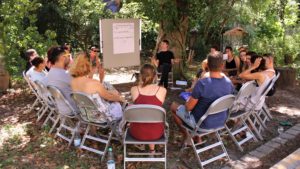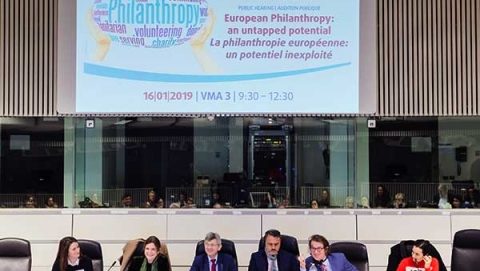It’s time for philanthropy in western Europe to take action on its own doorstep to protect democracy and civil society from a restrictive onslaught
In recent years, the philanthropic sector has experienced many examples of measures that are restrictive to democracy and civil society. A decrease in public funding, legislation that regulates the non-profit sector, detention of activists, curtailment of public assembly – all are symptoms of the so-called democratic and civic ‘shrinking space’. This is not just something happening on another continent or to our neighbours, it is happening on our doorstep. Numerous examples illustrate the situation. In France, the corruption monitoring association Sherpa had its status as a civil party in court cases removed. In the UK, ‘gagging clauses’ in the Transparency in Lobbying, Non-Party Campaigning and Trade Union Administration Act have resulted in anti-advocacy clauses in public grant agreements. In Germany, a major court case is questioning the sphere of charitable activity, with a chilling effect on what might be perceived as anything too political.
Rising populism and extremism, fake news, and challenges to the independence of media should give us real cause for concern.
The use of existing instruments
Despite this, western Europe is well placed to withstand challenges and the picture seems relatively positive compared to other regions of the world or even other parts of Europe.
Because of international commitments and existing regional authorities with enforcement powers – the EU and European Court of Human Rights, for example – standards of human and fundamental rights as well as civic rights and participation in democracy are relatively high. Besides the regular democratic institutions and agencies, available protections include the EU Charter of Fundamental Rights, which celebrates its tenth anniversary in 2019. A fundamental rights interactive tool helps find a competent national authority when rights are violated, there are also training programmes for civil servants, lawyers and judges, an Agency for Fundamental Rights, funding for civil society organisations, EU whistle-blowing legislation, a European ombudsman, and a recent advisory Opinion of the European Economic and Social Committee on ‘Resilient democracy through strong and diverse civil society’.
By seeing that civic space is not only shrinking but is changing, foundations can help re-imagine vibrant civic spaces, building on learning from ongoing initiatives
But rising populism and extremism, fake news, and challenges to the independence of media should give us real cause for concern and reason enough for European philanthropy to take action on our doorstep. So what to do?
Philanthropy can use and build on reference material like the FICS ‘Framework for Closing Space Grantmaking’ or the guidelines for funders elaborated in 2015 by the EFC and Ariadne. These include collaboration, using international and multilateral agreements, as well as multilateral organisations as levers, and making alliances with corporations.
Building bridges
Philanthropy can also use its role as a bridge builder to enable resilience among civil society organisations.
Firstly, using its local roots, philanthropy can mediate conflicts between local and international narratives on issues such as human rights. Second, it can explore ways to depolarise relationships. Third, by seeing that civic space is not only shrinking but is changing, foundations can help re-imagine vibrant civic spaces, building on learning from ongoing initiatives; for example, the thought-provoking and solution-testing initiative by Hivos and Robert Bosch Foundation on Vital Civic Spaces, exploring the idea of spaces where trust and safety to disagree are guaranteed.
Working with civil society, foundations can build on international commitments granting rights and setting up democratic governance.
Action should be based on objective, comprehensive and comparable data yet little sectoral analysis is available specifically on western Europe. Philanthropy can encourage its production. There are a number of initiatives it could build on in this regard like Civicus monitor or Civic space watch. It could also compile reports on the closing space in a particular country, as the Charities Aid Foundation in the UK and Maecenata Foundation in Germany have done.
Solidarity across borders
Philanthropy can support cross-border networking. The visibility of local work and support for it from other countries can strengthen and protect local work. Working in alliance makes it more difficult to be attacked and makes it easier to bring attention at the European level.
Working with civil society, foundations can build on international commitments granting rights and setting up democratic governance. Work like this offers a way of holding public authorities to account and provides common international references to work with.
We can also create the space for debating the legal and fiscal definition and application of the concept of general interest and the common good. This is overdue in many western European countries.
Building public support
Some funder coalitions exist already and are open to new members. The pooled fund Civitates, for instance, the already mentioned FICS, providing analytic and strategic support globally; in Germany, there is a new Democracy Fund and there is the Transparency and Accountability Initiative and the Piper Fund in the US.
All of this is taking a positive approach – ‘opening’ space and working hard to keep it open. Such an approach is needed to build public support, which will be critical to the future success of the effort.
A lot has been written about why so few donors focus on the specific challenges and possibilities in the western world and, more particularly, western Europe. Philanthropy is often unprepared to act so close to home in these matters, especially as it might mean being critical of local public authorities and holding them to account. Another reason is that donors have simply not seen the walls beginning to go up. It’s time for us to adjust our perspective. We need to join up the dots. It’s time to see that what is happening globally, and what is happening regionally, might also be happening on our doorstep.
Inga Wachsmann is a grant manager at Porticus France.
Email: inga.wachsmann@gmail.com
Inga Wachsmann is writing in a personal capacity.









Comments (0)